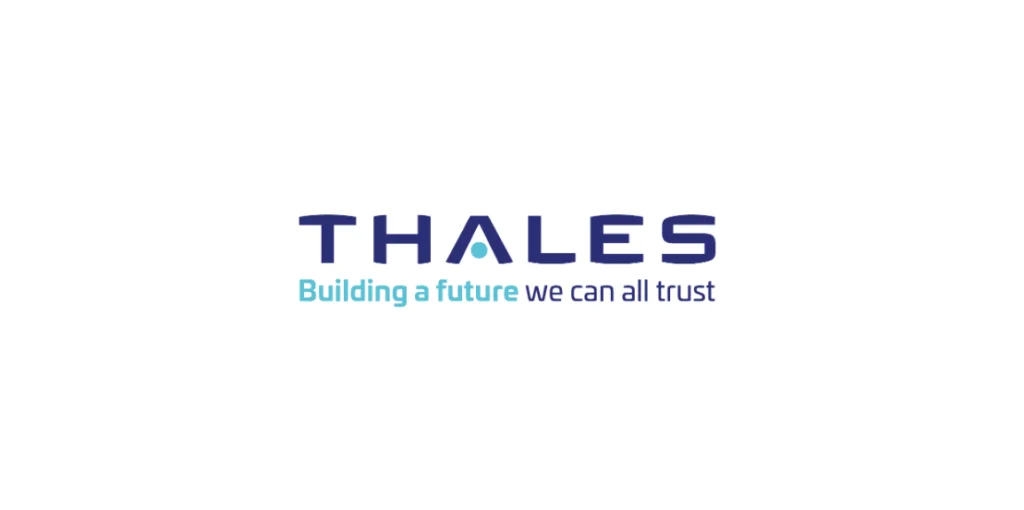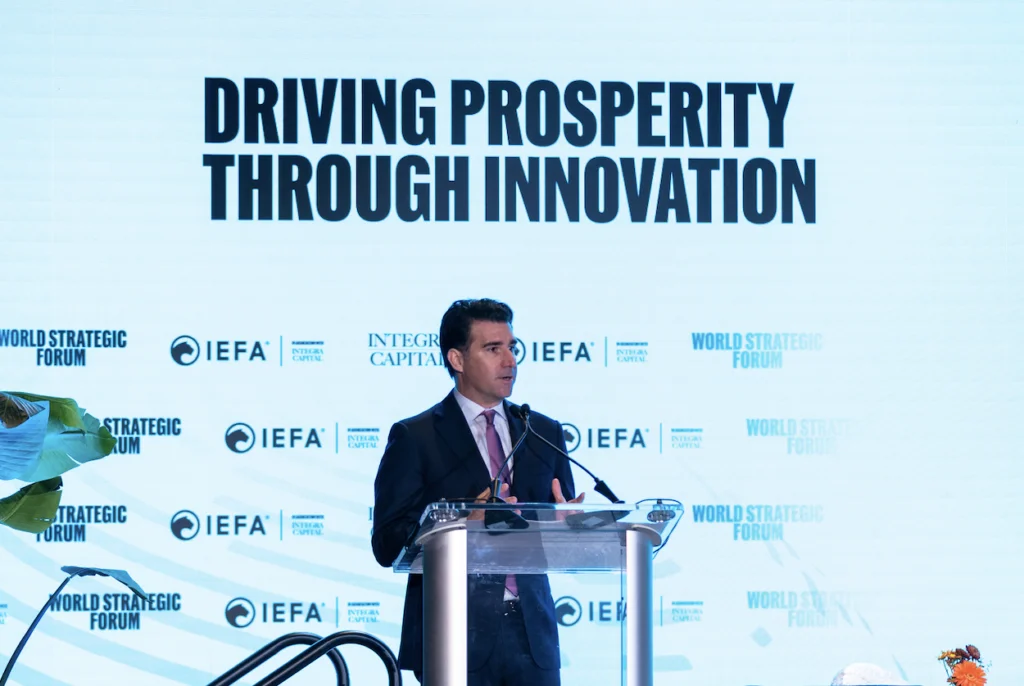Insider Brief
- The Technology Innovation Institute (TII) announced the launch of Qibo, an end-to-end, open-source platform for quantum computing programming.
- Qibo offers three different modules and allows to run quantum simulations on classical hardware , making it an ideal tool for researchers, scientists, students and professionals in a wide range of sectors including finance, AI and engineering.
- TII’s Quantum Research Center collaborated with researchers from around the world to develop Qibo.
PRESS RELEASE — The Technology Innovation Institute (TII), the applied pillar of Abu Dhabi’s Advanced Technology Research Council (ATRC), has launched Qibo, an end-to-end, open-source platform for quantum computing programming.
Qibo, which was developed by TII’s Quantum Research Center (QRC) in collaboration with researchers from around the world, provides an easy way to run quantum simulations. It allows users to operate quantum computers and quantum devices through simple code instructions programmed in Python.

Qibo can support both classical and quantum algorithms, making it easy to use for quantum programming and facilitating research and a wide variety of applications. Compatible with leading commercial and open hardware quantum control electronics systems, it adapts to any experimental setup involving superconducting qubits.

The software is versatile and offers three modules dedicated to quantum simulation on classical hardware, quantum control, and calibration. It can be used by researchers and scientists, students, and professionals in sectors including finance, AI, quantum chemistry and engineering.
Prof José Ignacio Latorre, Chief Researcher at QRC, said: “Qibo stands at the forefront of quantum computing innovation. It is designed to assist anyone, from students to professionals and researchers, interested in applied quantum computing.”
Qibo was developed by 45 contributors from Europe, the Middle East and Asia and supported by Singapore’s National Quantum Computing Hub (NQCH), Italy’s National Quantum Science and Technology Institute (NQSTI), Quantum Spain and CERN.
Dr. Najwa Aaraj, CEO of TII, said: “TII is very pleased to support Qibo, which represents a significant leap forward in making quantum computing more accessible and practical for researchers and developers worldwide. Our commitment to Qibo stems from our belief in its potential to drive innovation across various fields, from cryptography to material science.”
This new release follows a first version published in 2020 and offers additional modules fully completed. Updates with new features will be released monthly.
More about Qibo
The Qibo code can be accessed here: https://qibo.science/
Qibo tutorials
https://www.youtube.com/watch?v=tOXnRWNpjns
https://www.youtube.com/watch?v=SiVytUf_1IM















